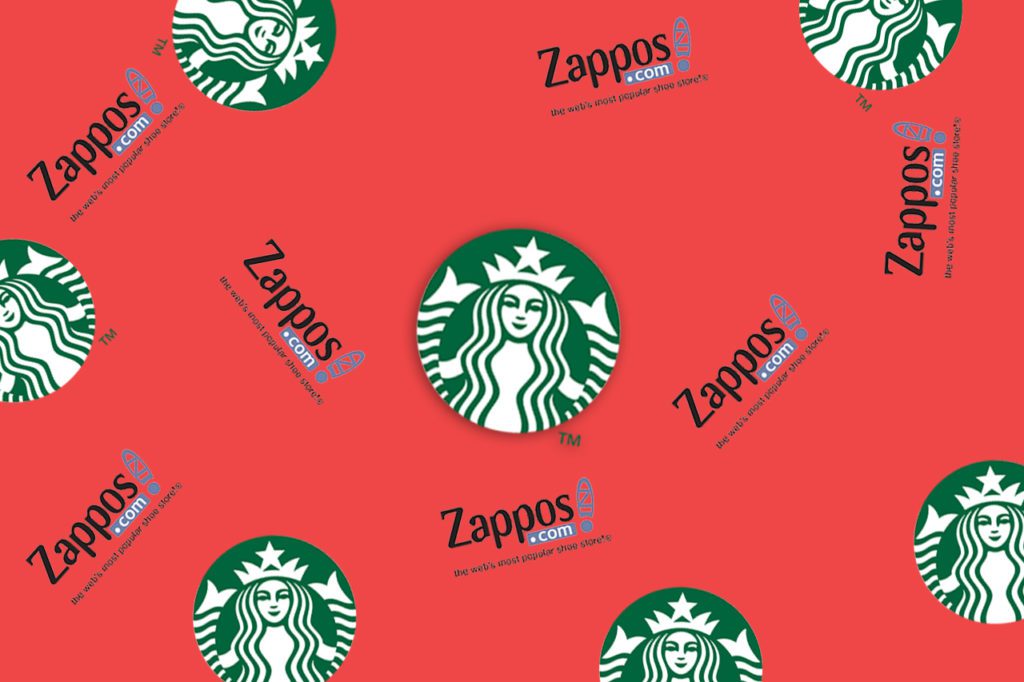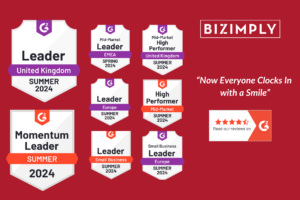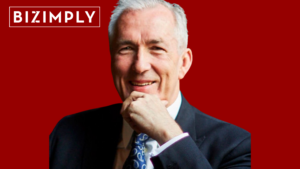Reframing your business’ WHY for your staff during Covid 19
By Matt Coulthard
Understanding culture and implementing a unique one is the driving force pushing performance. If you have a positive culture in your company, keep adding to it. It will set your employees up for success. If you don’t have a positive culture, now is a time for reframing.
Employers often talk about getting the, “right people” into their business. While this is true, a research paper conducted across 95 car dealerships in America indicates working environments or culture, is the driving force to get the best results out of your team.
https://www.youtube.com/watch?time_continue=834&v=X3_-cxThu6s&feature=emb_logo
Climbing Culture
A study published in 2015 called, ‘Which comes first, organizational culture or performance? A longitudinal study of causal priority with automobile dealerships’, was conducted over six-years across car dealerships owned and operated independently. It found the sales and service departments in an engaged culture embodying a consistent, adaptable and a goal is a strong predictor of high performance than ‘the opposite’.
“…your customers are not only going to be happy, they’re going to keep coming back too.”
In the life-cycle of the business, the culture revolves around the values of the founding leader. These evolve and adapt over time as the business matures which helps the business succeed.
“Overall, department culture was found to consistently predict higher levels of customer satisfaction ratings and vehicle sales, with no evidence obtained for a reciprocal performance-to-culture feedback loop. In addition, the positive effect of culture on vehicle sales was mediated by customer satisfaction.”
Reverse Engineering
Creating a great company culture starts the with its leaders. Leaders recognise it as, “valuable” by creating a culture to create high degree of effectiveness compared to competitors. Secondly, it must be rare. The study sighted “no advantage” housing a culture that is which is, “commonplace” among the firm’s competitors. Finally, it must be “imperfectly” imitable, meaning competitors cannot readily re-create the culture in their own environments. Also, the study indicates service and sales departments had, “casual priority of customer satisfaction”, while overall results supported their theory that “culture has a casual priority over sales.” In other words, if you have an engaged workforce with a mission, your customers are going to be happy. Now more than ever is a really good time to invest in your workforce emotionally. As businesses focus on profitability, studies are suggesting that infectious diseases like COVID impose stresses and anxieties onto workforces, stretching from healthcare to retail. Practicing emotional intelligence during this time will help your workforce.
“I don’t care about the product,”
Simon Sinek’s Start with Why, is about how great leaders inspire everyone around them to take action and why they do what they do. Empowerment should be rooted in everything you do as a business. The conversations you have with your team about performance should loop back to your purpose, in turn creating a strong culture. If your people know the impact they have on the goals of your business then they are far more likely to work harder and smarter to perform better. Telling your employees your mission could see a shift from a workforce in Limbo to a workforce in the driving seat. Your Why is not sales targets. Your Why is not business targets. Your Why is what makes your heart sing. Sometimes talking about passion gets confused with what really motivates you to do what you do.
Reframing
For years, author and journalist, Carmine Gallo, began story building for his clients by figuring out what truly made them tick. “I don’t care about the product,” proclaimed Gallo in his 2014 book Talk Like TED, “I care about why the speaker is fired up about the product or service.” Take the former Founder and CEO of Starbucks Howard Schultz for example. He was not as passionate about coffee as he was about, “building a third place between work and home, a place where employees would be treated with respect and offer exceptional customer service.”
What are the financial questions you've been desperate to find answers to?
Errol Gerson, world-renowned consultant, accountant and strategist will be answering your questions in this live webinar.Join us Tuesday, 26.02.2019 at 6:00 PM PST
Register here: https://t.co/8BdyXMAmdv pic.twitter.com/7tQ5u3Bxv3— The Futur (@thefuturishere) February 21, 2019
Or if we look at internet entrepreneur Tony Hsieh, the founder of online retailer Zappos, he isn’t passionate about shoes. He told Gallo he was, “passionate about delivering happiness.” Errol Gerson, lecturer at Art Centre in LA, said on The Future podcast that if the renowned university never paid him, “it wouldn’t of made a difference.” The reason why he teaches is so much more important to him: “I get to touch the future.” So now I pose that question to you: What makes your heart sing? Does your heart sing for your customers? Does it sing for your employees? Once you know, tell your employees about your mission. Remind them about the importance of what they are doing everyday. Making someone feel important is an essential skill to have as a leader. Honesty Now, this isn’t the easiest of skills, honesty is not just about telling people the truth, it’s about measuring this and delivering it in a way that does not offend or upset. You’re not being honest to hurt someone’s feelings but to spark a reaction of improvement and so choosing your words is essential. All businesses will have job descriptions for the roles that make them operate effectively, from chef to barista to shop floor assistants each and every business will have set out what they expect from each role. Honesty is about telling people the truth. If we reframe honesty it is about measuring and delivering a message that your employee can positively take on board. But not every business will have this linked back to the conversations they are having with their employees. Sure as their performance will be discussed alongside how well they are meeting their goals/targets. But how often do you think about Why that role exists and what its core purpose is, and do they know the importance of their role? This links back to what makes your business’ heart sing and in the same way, each and every job role has its reason for existing and its own purpose.













